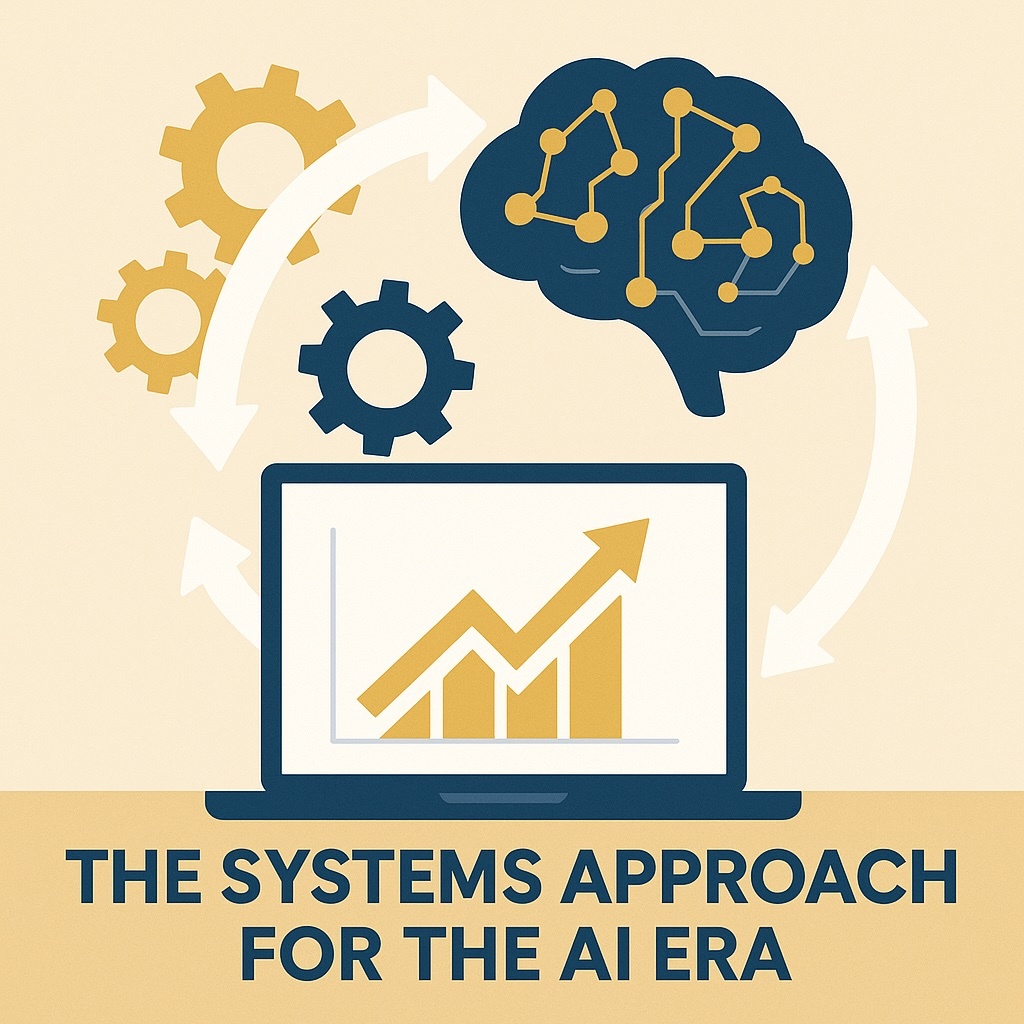
For today's startups, being quick on your feet and able to roll with the punches isn't just a nice-to-have; it's a must in a constantly evolving market.
The Lean methodology, now complemented by AI and machine learning, provides a framework that transforms modern startups' operations by creating continuous learning cycles that evolve in response to customer feedback.
What is Lean
While the Lean philosophy has evolved from its origins in the Toyota Production System, it now represents a comprehensive approach to creating organisations capable of continuous improvement, complemented by machine learning capabilities. Modern Lean maximises customer value through rapid experimentation and feedback analysis, leveraging data and AI to create more value with fewer resources.
What distinguishes today's Lean approach from traditional management systems is its emphasis on seeing the organisation as a network of feedback loops where mental models are constantly tested using analytics. Lean isn't just another business methodology; it's a proven framework that continues to evolve with technology because it's a set of principles that adapt over time and are akin to the scientific method.

Modern Lean principles:
- Eliminating Decision Waste: Using analytics to identify and remove low-value activities before they consume resources.
- AI-Enhanced Learning: Implementing systems like CRMs that transform user behaviour data into actionable insights.
- Customer Value Discovery: Utilising sentiment analysis and behavioural patterns to deliver precisely what customers need.
- Distributed Intelligence: Creating systems where human creativity and machine learning complement each other in problem-solving.
How Can Lean Be Applied to Start-ups?
For today's startups, Lean methodology offers a framework for transformational learning that effectively validates business models. As Openai CEO Sam Altman notes in his guide for startup founders, "The most successful companies today build what he calls 'product discovery engines' that systematically validate ideas and quickly kill what doesn't work." This approach creates organisations capable of detecting market signals and adapting faster than competitors.
Key Concepts for Learning Organisations in the Startup Context:
- Minimum Viable Product (MVP):
- Develop the simplest version, allowing you to begin the customer learning journey.
- Creates the foundation for organisational learning without extensive resource investment.
- Build-Measure-Learn Feedback Loop:
- Build: Create the experimental MVP as a learning tool.
- Measure: Collect data as system feedback.
- Learn: Develop shared understanding of customer needs to make informed decisions.
- Validated Learning:
- Use systemic feedback to challenge deeply-held assumptions about your business model.
- Build organisational capacity to pivot or persevere based on insights gained.
Why the Learning Organisation Approach Works for Startups:
- Reduces Waste: It prevents resource expenditure on features customers don't value.
- Increases Speed to Market: Systemic learning leads to quicker adaptation and launch cycles.
- Enhances Adaptability: Creates organisations capable of sensing shifts and responding effectively.
- Real-World Validation: This approach focuses on testing mental models with real customers, reducing the risk of building on flawed assumptions.
Industry Examples:
- Vercel: Their frontend development platform exemplifies the lean learning organisation by continuously analysing developer workflows and automatically suggesting optimisations.
- Scale AI: Started with a simple data labelling service before evolving into a comprehensive AI infrastructure company by systematically testing market needs.
- Runway: Transformed from a simple video editing tool into an AI-powered creative suite by treating each feature as a hypothesis to be validated through user engagement data.
Further Reading:
-
Ries, E. (2011). The Lean Startup: How Today's Entrepreneurs Use Continuous Innovation to Create Radically Successful Businesses. Link to Book
Join the Lean Movement
Embracing Lean principles transforms your startup into a learning organisation capable of greater efficiency, innovation, and market success. By developing systems thinking capabilities and focusing on value creation, you position your business to meet customer needs while optimising resources and building long-term adaptive capacity.

In fast-moving markets, start-ups and established businesses alike must be agile and responsive. Long planning cycles and perfectionism are replaced by iterative learning and rapid adaptation. Lean thinking encourages small, testable changes informed by real customer feedback. By focusing on eliminating waste and delivering genuine value, teams can learn what works sooner and adjust quickly. Modern tools such as automation and data analytics can support this approach, but the underlying principle remains the same: learn quickly, cut out what doesn't help the customer, and continuously improve the way you work.
Further reading: Explore practical books on lean start-up and continuous innovation that emphasise rapid experimentation, customer feedback and adaptive learning.
